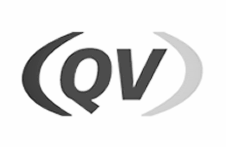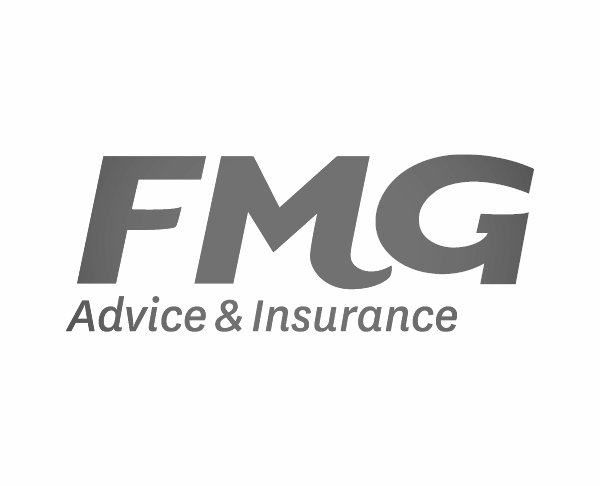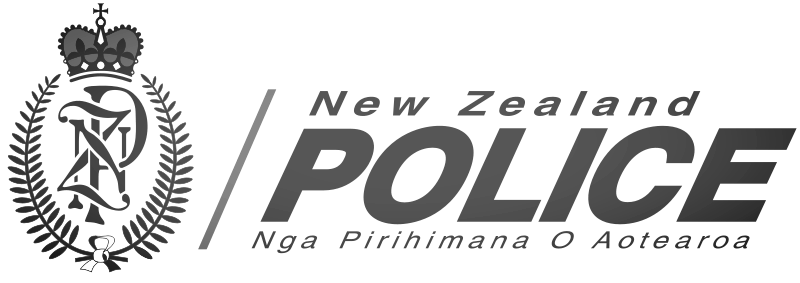





Passionate About Agile
Passionate About Agile
Energising organisations, one agile project at a time.
As a passionate agile thought leader, I have identified specialised agile analysis and agile governance practices that help senior managers recognise the value of agile as an effective software development process.
These specialised practices fast track new project teams in their agile adoption and help
maximise their productivity.
I am an experienced IT practitioner so understand that an agile project can only truly succeed if it recognises and adapts to the governance needs of the organisation. Using collaborative workshops and an Agile Risk Assessment we can identify any roadblocks the project faces within the organisation and establish if agile is appropriate for the project.
I have a specific passion for coaching projects through the initial agile setup activities that are critical if you want your agile project team to be successful.
“As a member of Agile CoLab, I offer all of my coaching and training services through Agile CoLab.”

Is Agile Right for you?
Is Agile Right for you?
What is agile?
Agile is an umbrella term used to describe a collaborative approach to software development that encourages active business participation and a focus on maximising business value.
There are many "brands" of agile of which Scrum is the most widely recognised and used. Scrum emphasises team based planning, rapid feedback cycles and frequent deliveries of working software in order to
minimise project risk and maximise value.
Why change to agile?
Agile introduces a new transparent way of working that safely supports taking risks and encourages innovation.
Using agile enables organisations to respond more rapidly to change and deliver increased business value on a regular and predictable basis at an overall lower cost.
Organisations that have made the switch to agile report; increased product quality, faster project delivery, happier end users and business stakeholders as well as a more productive and engaged development team.
The agile challenge!!!
Changing to a major new process is hard. Changing to agile is no different.
We must make sure the benefits of changing outweigh the likely cost. To minimise the cost and improve the likelihood of success it helps to understand the risks associated with adopting agile.
For your initial agile projects I recommend a facilitated Agile Risk Assessment to identify the roadblocks your project team will need to overcome to successfully work in an agile way. The assessment establishes a common understanding and expectation of what is required to make an agile project work successfully in your organisation.

Can I help You?
Can I help You?
COACHING
I specialise in “full relationship” agile leadership roles where my first goal is to understand the context the project team is working in, before suggesting any change.
Once I appreciate the day to day constraints and issues they face I can then better support them during project initiation so that their project is set up for agile success.
In more formal organisations this often involves active participation in agile business case preparation.
I then lead the team through the first few iterations until they own the new process.
Once the team confidently owns the new agile way of working, my leadership role reverts to one of agile mentoring with the focus being knowledge transfer to speed up their transition to agile self sufficiency.
CONSULTING
As an experienced agile consultant and presenter I am able to relate to all levels within the organisation, whether it is facilitating casual “brown bag” agile lunch time sessions for project teams or formal governance group agile reporting.
As part of my agile consulting "tool kit" I have identified specialised agile analysis and agile governance practices that help senior managers better understand the value of agile as a mainstream approach, so they can more confidently provide effective agile project leadership.
Sharing with others is important to me so I regularly contribute at an international and local level. I have presented agile topics at local PMI user groups, PRINCE2 and IIBA conferences as well as Business Analyst World in Sydney and Melbourne, and XP2010 in Norway.
TRAINING
I offer highly interactive agile training courses tailored for the following groups:
Business SME
Product Owners
Senior Management
New Agile project teams
Traditional Roles - BA, PM, Test
Scrum Master - initial & advanced
I also deliver specialist agile "technique" training courses that focus on:
User story creation
Agile estimating & planning
Agile business case scoping & costing
Using Scrum in a PRINCE2 environment
I use a hands on workshop approach to encourage participation and interaction. There is no Powerpoint. I make iPads available to all participants for the duration of the training to personalise their learning by adding notes and photos to the electronic course material provided.

Who I have worked with
Who I have worked with
Collaborating to build successful agile teams
I have a 30 year history in software development, the last half of which has been focused on working exclusively with agile project delivery teams. My experience covers a wide range of organisations having worked with agile project teams in small entrepreneurial and large corporate businesses, various size government departments and a number of vendor organisations.
Based on my experience I have learnt that project teams new to agile require a combination of context based agile coaching and formal agile training if they are to quickly becoming a high performance team. To support my coaching I tailor both my introductory and advanced training courses for each agile project team.
Below are examples of the organisations that I have recently collaborated with to make their agile projects more successful.
“Pete understood the extent of the mindset shift involved in moving a group into an Agile development and delivery model, and worked well bridging the gap between the strategic idea created by the CIO, and the reality of making it work in the trenches.”
“Pete is a very high energy trainer with a huge depth of agile Scrum delivery and governance experience. You know that every question will have a well thought out and pragmatic answer.”

Get in touch with agilepete
Get in touch with agilepete
Would you like to know more?
Let's have a chat ... and maybe even a coffee if you live nearby.










